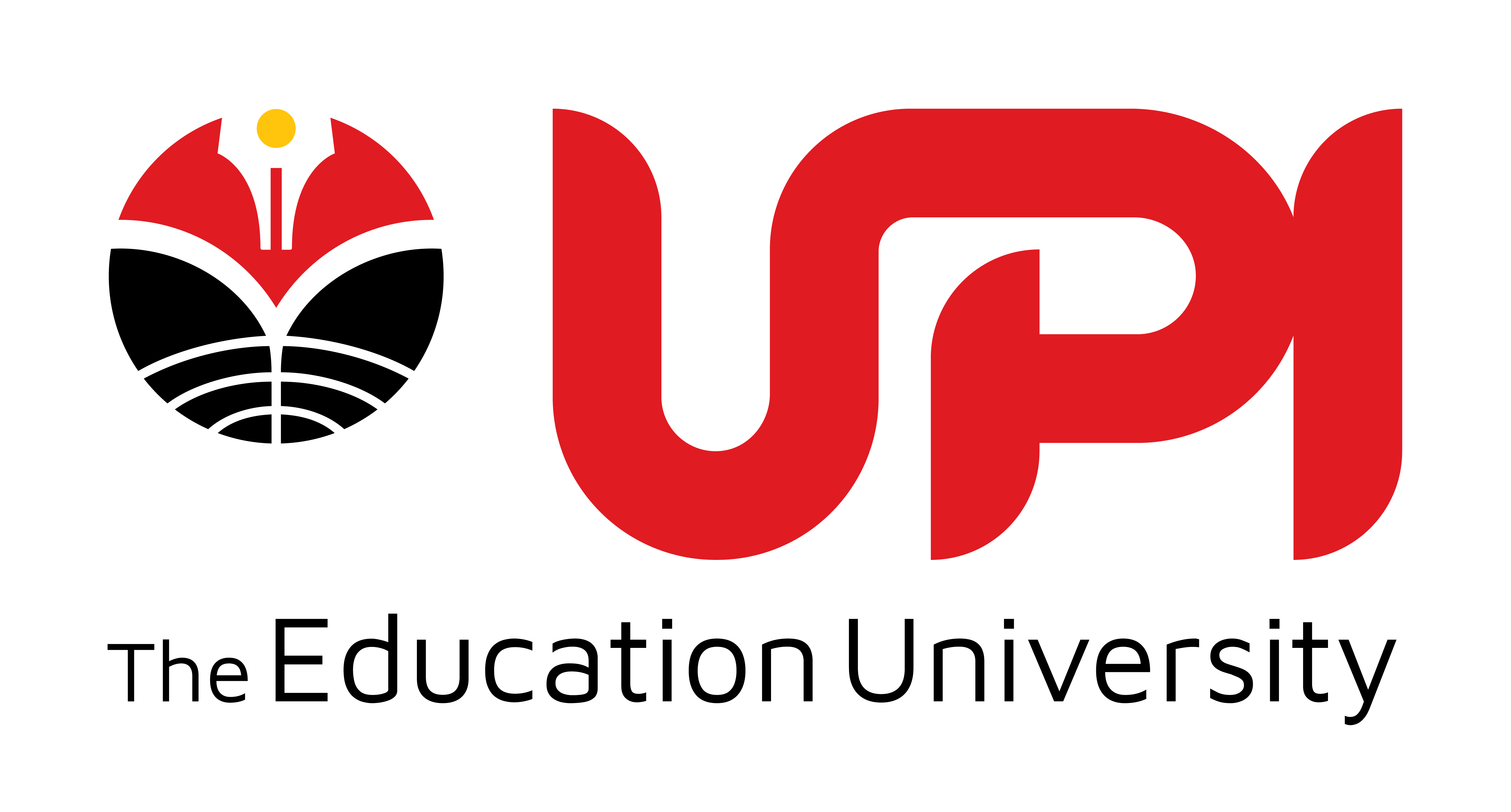One of the standards that underlies the preparation of the Research Master Plan (RIP) of the University of Indonesia Education (UPI) for 2021-2025 is the National Research Standard. Article 53 paragraph (1a) states that research management institutions must prepare and develop research program plans following the Higher Education Research strategic plan and the UPI Research Master Plan (RIP) for 2021-2025, which are policy directions and decision making in research management. Institutional research in question is institutional excellence research described through strategic dimensions and objectives, research roadmap, research focus, and institutional excellence research. The development of research excellence at this institution refers to minor research units such as laboratories, expertise groups (KBK), and study programs to the largest departments on regional, national, and international research priorities. In carrying out research, UPI adheres to inter and multi-disciplinary research principles, collaboration across units, across fields of science at UPI or institutions and universities in Indonesia, even though various partnerships with institutions and universities abroad and other institutions, non-governmental organizations, and industry.
